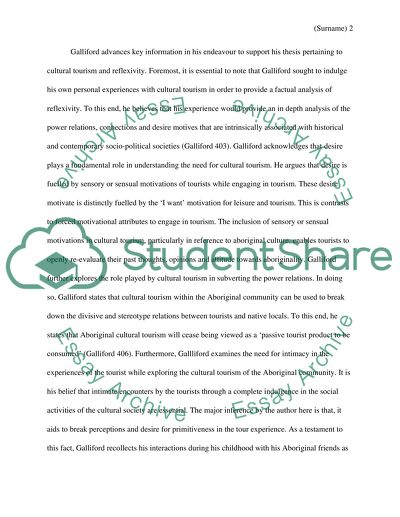Travels in 'becoming-aboriginal': research reciprocating between Article. Retrieved from https://studentshare.org/tourism/1459552-travels-in-becoming-aboriginal-research
Travels in 'becoming-aboriginal': Research Reciprocating Between Article. https://studentshare.org/tourism/1459552-travels-in-becoming-aboriginal-research.


